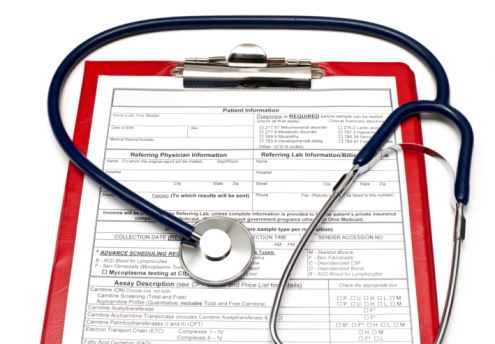Non-NHS Services 
Some services provided are not covered under our contract with the NHS and therefore attract charges. Examples include the following:
- Medicals for pre-employment, sports and driving requirements (HGV, PSV etc.)
- Insurance claim forms
- Prescriptions for taking medication abroad
- Private sick notes
The fees charged are based on the British Medical Association (BMA) suggested scales and our reception staff will be happy to advise you about them along with appointment availability or click on link below. Please note, from December 2019 we will no longer be completing Lasting Power of Attorney forms.
Private Services (non-NHS)
Why GPs sometimes charge fees
Surely the doctor is being paid anyway?
It is important to understand that many GPs are not employed by the NHS. They are self-employed and they have to cover their costs - staff, buildings, heating, lighting, etc - in the same way as any small business. The NHS covers these costs for NHS work, but for non-NHS work, the fees charged by GPs contribute towards their costs.
What is covered by the NHS and what is not?
The Government’s contract with GPs covers medical services to NHS patients, including the provision of ongoing medical treatment.
In recent years, however, more and more organisations have been involving doctors in a whole range of non-medical work.
Sometimes the only reason that GPs are asked is because they are in a position of trust in the community, or because an insurance company or employer wants to ensure that information provided to them is true and accurate.
Why does it sometimes take my GP a long time to complete my form?
Time spent completing forms and preparing reports takes the GP away from the medical care of his or her patients.
Most GPs have a very heavy workload and paperwork takes up an increasing amount of their time, so many GPs find they have to take some paperwork home at night and weekends.
I only need the doctor's signature - what is the problem?
When a doctor signs a certificate or completes a report, it is a condition of remaining on the Medical Register that they only sign what they know to be true.
In order to complete even the simplest of forms, therefore, the doctor might have to check the patient's entire medical record. Carelessness or an inaccurate report can have serious consequences for the doctor with the General Medical Council (the doctors' regulatory body) or even the Police.